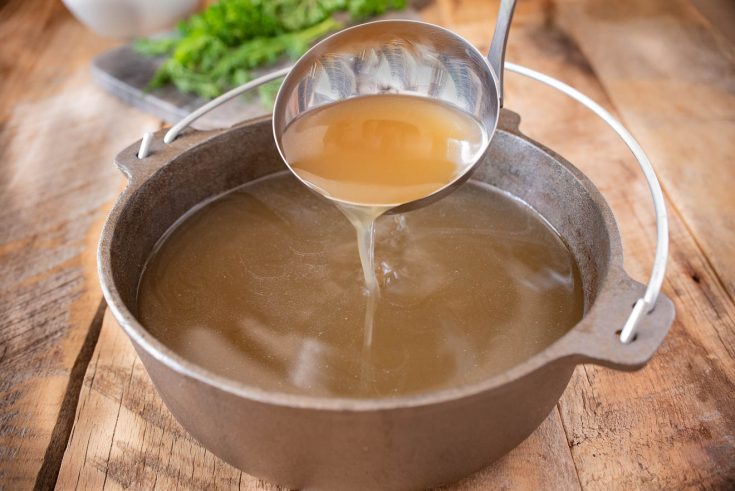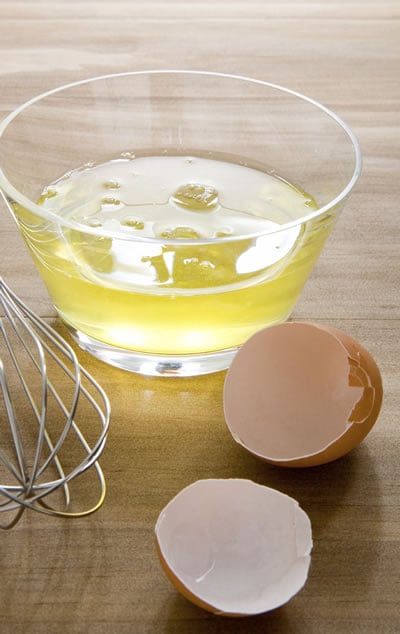There are approximately 40 different types of collagen in the human body, but four are considered the most common. They are:
- Type I collagen – forms fibers and is found in connective tissue associated with bones, ligaments, tendons, and skin
- Type II collagen – forms fibers that are less organized than type I and is found mainly in cartilage
- Type III collagen – forms thinner fibers than type I and contributes to cell organization in organs
- Type IV collagen – found in the “basement membrane,” a sheet-like structure of collagen cells that surround different tissues
- Our bodies create collagen by breaking down the protein we eat into amino acids, which are the building blocks from which our bodies can form new proteins.
As we age, we produce less collagen in our skin every year — hence the tendency toward wrinkles and thinning skin we see the older we get.
Eating collagen-rich foods or foods that boost collagen production may also help create the building blocks (amino acids) you need for your skin goals.
Foods rich in collagen come from animals. This includes chicken, fish, or cows. The following three foods contain high levels of collagen:
Bone broth is made by simmering animal bones and connective tissue for an extended period of time. The process extracts collagen from the bones and skin and places it into the broth.

2. Fish and Shellfish
Fish are an excellent source of collagen from food, as long as you leave the skin on. That’s because much of the collagen found in fish is stored in the skin. Other benefits of fish include omega-3 fatty acids and vitamin D.

3. Chicken
There’s a reason why many collagen supplements are derived from chicken. Everyone’s favorite white meat contains ample amounts of the stuff. (If you’ve ever cut up a whole chicken, you’ve probably noticed how much connective tissue poultry contains.) These tissues make chicken a rich source of dietary collagen.

Although eggs don’t contain connective tissues like many other animal products, egg whites do have large amounts of proline, one of the amino acids necessary for collagen production.

Vitamin C plays a major role in the production of pro-collagen, the body’s precursor to collagen. Therefore, getting enough vitamin C is critical.

As you probably know, citrus fruits like oranges, grapefruit, lemons, and limes are full of this nutrient. Try a broiled grapefruit for breakfast, or add orange segments to a salad.
6. Beans and Cashews
Beans are a high-protein food that often contain the amino acids necessary for collagen synthesis. Plus, many of them are rich in copper, another nutrient necessary for collagen production.
Next time you reach for a handful of nuts to snack on, make it cashews. These filling nuts contain zinc and copper, both of which boost the body’s ability to create collagen.

To help your body do its best production of collagen, you can’t go wrong with high-collagen animal or plant foods or vitamin and mineral-rich fruits and vegetables.
And if you don’t like the foods listed, remember there’s no one source. A diet full of protein-rich foods, whether from plant or animal sources, can help supply these critical amino acids.
Other nutrients that aid the process of collagen production include zinc, vitamin C, and copper. So, fruits and vegetables high in vitamins and minerals are also a friend to supple skin.
And, for even more dramatic results, be sure to stay away from too much sugar and refined carbohydrates, which can cause inflammation and damage collagen.
